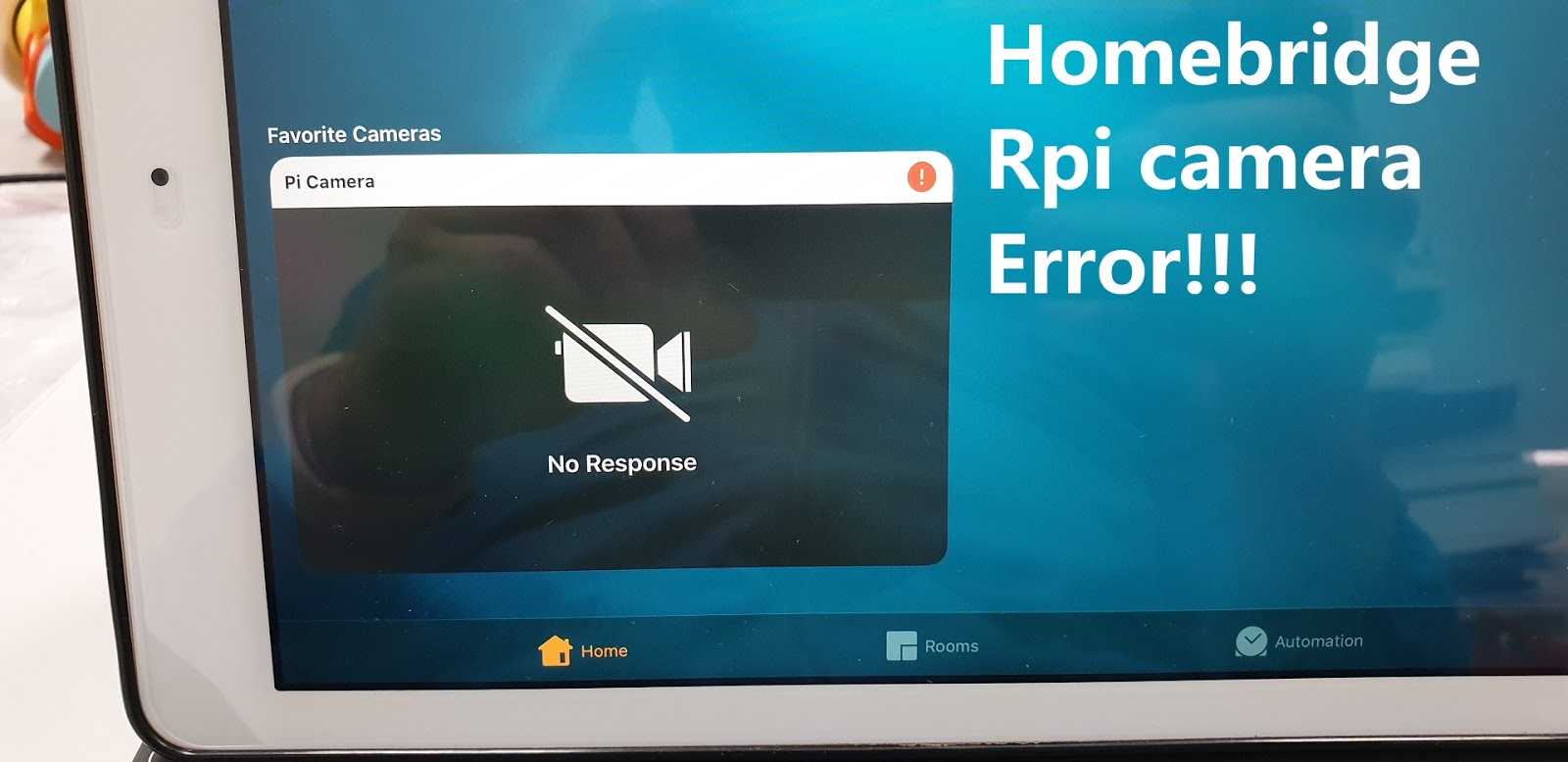

Install the FFmpeg package by running the following command: sudo apt install ffmpeg Start by updating the packages list: sudo apt update

The following steps describe how to install FFmpeg on Debian 9: At the time of writing this article, the current version of FFmpeg available in the Debian 9 repositories is 3.2.12. The official Debian repositories contain FFmpeg packages that can be installed with the apt package manager. To be able to install packages on your Debian system.

You’ll need to be logged in as a user with sudo privileges This tutorial explains how to install FFmpeg on Debian 9. With FFmpeg, you can convert between various video and audio formats, set sample rates, and resize videos. It contains a set of shared audio and video libraries such as libavcodec, libavformat, and libavutil. FFmpeg is a free and open-source command-line tool for transcoding multimedia files.


 0 kommentar(er)
0 kommentar(er)
